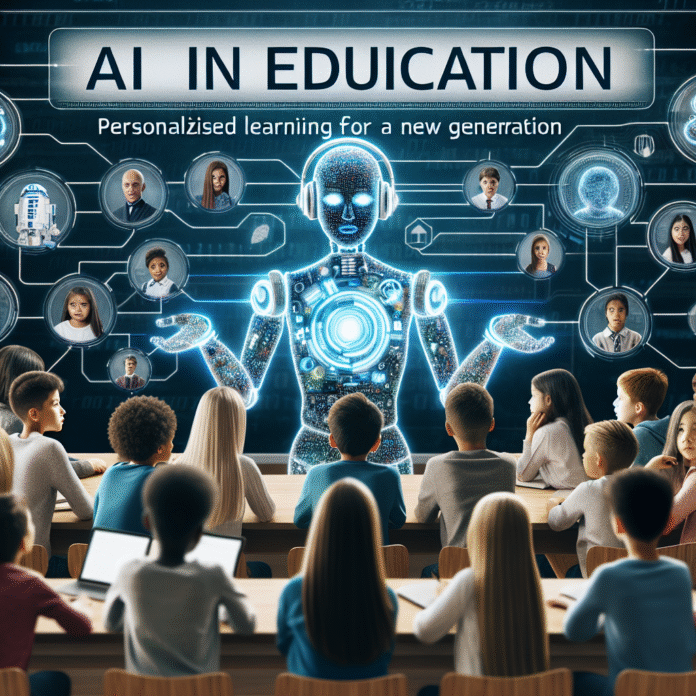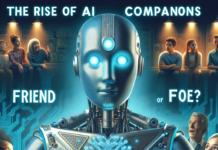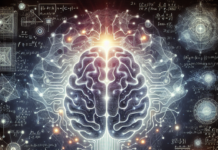AI in Education: Personalized Learning for a New Generation
The landscape of education is evolving rapidly thanks to advancements in technology, particularly artificial intelligence (AI). As classrooms become increasingly digitized, AI is playing a transformative role by offering personalized learning experiences that cater to the unique needs and learning paces of individual students.
Understanding Personalized Learning
Personalized learning is an educational approach that tailors learning experiences to individual students. By using data-driven insights, educators can customize the curriculum, resources, and assessment methods to meet the specific needs of each learner. AI enhances this personalized approach by analyzing vast amounts of data to provide real-time feedback and suggestions.
The Role of AI in Personalized Learning
AI technologies, such as machine learning algorithms and natural language processing, enable a more adaptive learning environment. Here are some key ways AI is influencing personalized learning:
-
- Adaptive Learning Platforms: These platforms adjust the difficulty and nature of tasks based on a student’s progress and performance. For example, if a student struggles with a particular math concept, the system can provide additional practice exercises tailored to their level.
-
- Intelligent Tutoring Systems: AI-powered tutors can offer instant feedback and explanations, allowing students to work at their own pace. These systems can simulate one-on-one tutoring experiences, giving personalized support when teachers are unavailable.
-
- Data Analytics: AI can analyze learning patterns and outcomes, helping educators identify strengths and weaknesses. This data-driven approach helps in crafting individual study plans and interventions.
Benefits of AI-Driven Personalized Learning
The integration of AI in education offers several advantages, including:
-
- Enhanced Engagement: Personalized content keeps students more engaged and motivated, as they learn at a pace suitable for them.
-
- Improved Learning Outcomes: Tailored learning experiences lead to better retention of information and understanding of concepts, resulting in higher academic performance.
-
- Equity in Education: AI can help level the playing field by providing additional resources and support to underperforming students, ensuring that no one is left behind.
Challenges Ahead
Despite its advantages, the use of AI in education also presents challenges:
-
- Data Privacy: The collection and storage of student data raise concerns about privacy and security. Educators and institutions must ensure compliance with regulations to protect sensitive information.
-
- Equity in Access: Not all students have equal access to technology, which may exacerbate existing disparities. Efforts must be made to ensure that all learners can benefit from AI-driven initiatives.
-
- Implementation Costs: The integration of advanced AI systems requires significant investment in technology and training for educators.
The Future of AI in Education
The future of education lies in the effective utilization of AI technology to create personalized learning environments. As educators and institutions increasingly embrace these innovative tools, students can expect a more tailored, engaging, and effective learning experience. By addressing the challenges and focusing on equity, AI has the potential to revolutionize education for a new generation.
Get more information about, Discover how AI is transforming education







